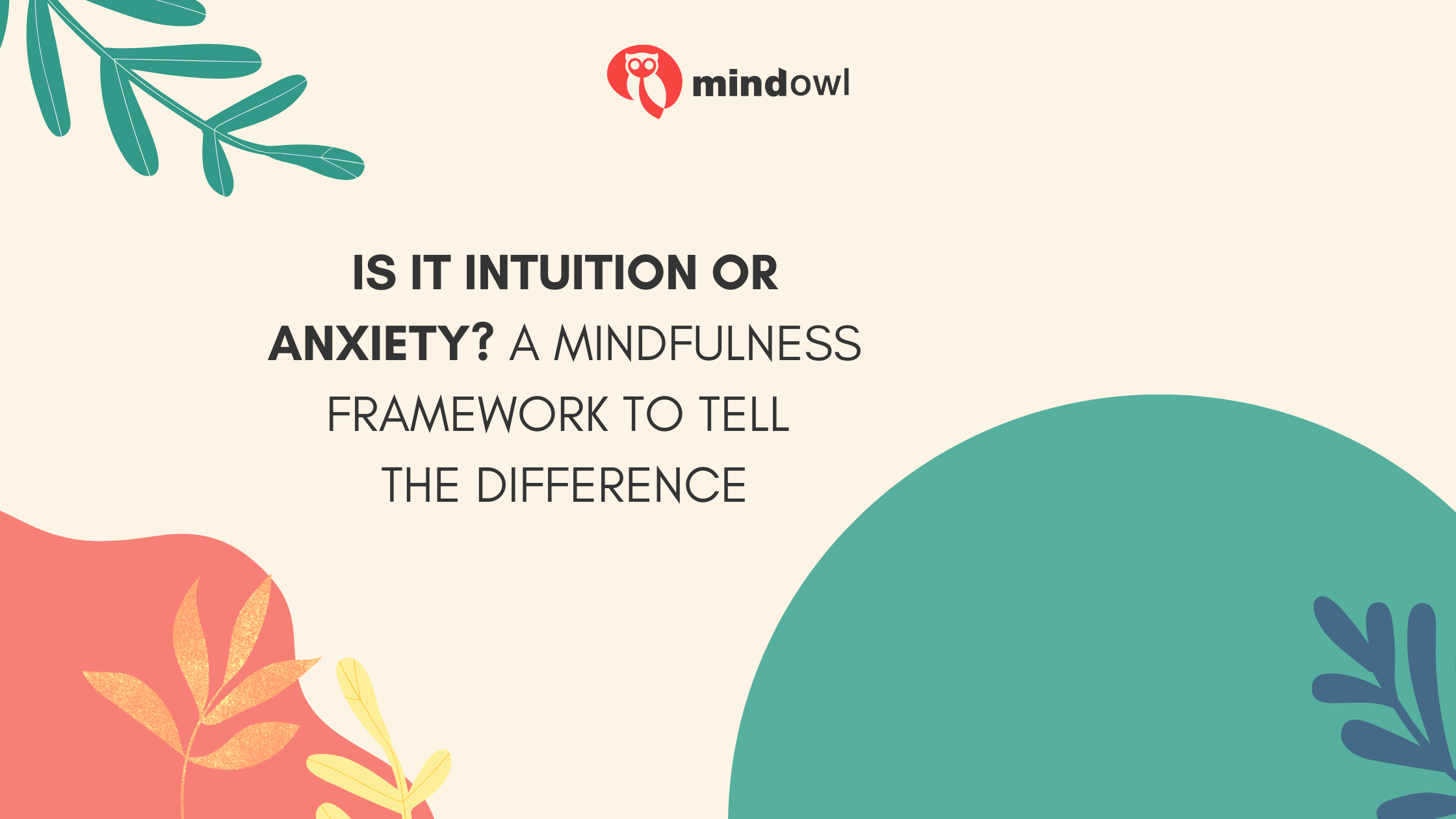You know this moment. You’re standing in front of your closet, trying to decide what to wear, and out of nowhere, your brain whispers: Don’t wear the green dress. Is it intuition? Is something terrible going to happen if you wear the green dress? Or is it anxiety—your overworked mind telling you that you’ll spill red wine down the front, or that green makes you look like a lawn ornament?
It’s maddening, this guessing game. Your gut says one thing, your mind says another, and you’re stuck in the middle. Sometimes you listen to your gut and it saves you from a terrible first date or a financial disaster. Other times, it just convinces you that you have appendicitis at three in the morning when really you just ate too much pad thai.
This is why people Google endlessly, or turn to therapy, or click into places like freepsychic.chat at midnight, desperate for someone to tell them if what they’re feeling is foresight or fear. Because honestly, you can’t tell anymore, and you’re tired of being wrong.
So let’s sort this out. There is a way to distinguish intuition from anxiety, and it doesn’t require mystical powers. It requires mindfulness.

First, What Is Intuition?
Intuition is quiet. That’s the first thing you need to know. It’s like a soft nudge, a gentle sense of knowing that arrives without fanfare. It doesn’t give you a racing heart or sweaty palms. It doesn’t sound like a drill sergeant yelling at you. It feels grounded, calm, even boring in its certainty.
You feel it when you meet someone and instantly like them, before you can explain why. You feel it when you decide to take a different route home and later discover there was an accident on your usual street. You feel it when you’re cooking and somehow know that the pasta is ready even before you test it.
Intuition doesn’t need to convince you. It doesn’t try too hard. It’s a whisper, not a monologue.
And What About Anxiety?
Anxiety, on the other hand, is a full-blown marching band in your head. It’s loud. It’s relentless. It’s insistent. It arrives with a 32-slide PowerPoint presentation on why you’re about to fail at everything.
It’s physical. Your chest tightens. Your palms sweat. Your stomach drops as if you’re on a roller coaster you didn’t want to ride. Anxiety masquerades as urgency: You have to decide right now. You have to fix this immediately. If you don’t act, disaster will strike.
Unlike intuition, anxiety is rarely calm. It’s jittery, buzzing, unsettled. It doesn’t just whisper; it screams, stomps, and taps you on the shoulder repeatedly until you can’t think about anything else.
The Mindfulness Framework: Three Questions
So how do you tell them apart? Here’s a framework. Simple, but not always easy.
1. What Does My Body Feel Like Right Now?
When it’s intuition, your body is calm. Your heart rate doesn’t spike, your stomach doesn’t churn, and your breathing feels steady. Even if the intuitive message is unsettling—don’t trust that person, don’t take that job—it arrives with a strange sense of ease, as though your body already knows the truth.
When it’s anxiety, your body is loud. Racing heart. Sweaty palms. Butterflies that feel more like bats. Your nervous system is in overdrive, telling you to fight, flee, or freeze.
2. What’s the Tone of the Message?
Intuition is neutral. It’s almost boring. “This isn’t right.” “Turn left here.” “Say no.” It doesn’t come with a dramatic backstory or a list of worst-case scenarios.
Anxiety is dramatic. It arrives with a storyline, usually involving catastrophic outcomes: “If you don’t say yes, you’ll ruin your career.” “If you go to that party, everyone will hate you.” “If you wear the green dress, you’ll look ridiculous, and no one will ever take you seriously again.”
3. Does It Stay the Same Over Time?
Intuition sticks. You’ll notice that intuitive feelings don’t change much. They’re consistent, steady, persistent in a low-key way.
Anxiety fluctuates. One moment it tells you to cancel the date. Ten minutes later it tells you to go on the date but act like someone else entirely. It morphs, shifts, and escalates.
A Practical Exercise
Try this: the next time you’re unsure if it’s intuition or anxiety, pause. Sit down. Take five slow breaths. Then ask yourself:
- Am I feeling urgency or calm?
- Is the message simple or complicated?
- Does my body feel tense or grounded?
Write down the answer if you have to. Seeing it on paper sometimes helps to cut through the noise.
Why Mindfulness Works
Mindfulness doesn’t erase your anxiety. If only. What it does is create enough space for you to notice what’s happening instead of drowning in it. When you observe your body and your thoughts without judgment, you begin to see patterns. You start to recognize, Oh, this is just my anxiety rehearsing its greatest hits again, versus, Hmm, this is that quiet knowing I’ve felt before.
The irony is that your anxiety often disguises itself as intuition, because it uses the same language: Don’t do this, avoid that, watch out. But the tone is different. Anxiety shouts. Intuition whispers. The more you practice mindfulness, the easier it is to distinguish the voices.
When to Trust Anxiety Anyway
Of course, sometimes your anxiety isn’t entirely wrong. Sometimes that pit in your stomach really is a sign that something is off. The trick is learning to decode when it’s fear protecting you and when it’s fear imprisoning you.
Example: You feel anxious walking alone at night on a deserted street. That’s not neurosis—that’s survival. On the other hand, you feel anxious about sending an email at work because your boss might think you’re incompetent? That’s anxiety hijacking your nervous system.
The goal isn’t to banish anxiety completely. The goal is to learn how to let intuition take the wheel more often.
A Word About Compassion
Here’s something people forget to mention: it’s exhausting to live in the tension between intuition and anxiety. You second-guess yourself constantly. You berate yourself when you “get it wrong.” You wonder why other people seem to know what to do without agonizing over it.
Our own struggles in life have led us to this path of understanding the human condition. United by a shared curiosity for the mind and what it means to be human, we’ve each walked a journey shaped by personal challenges and a deep interest in helping others grow. Over the last eight years, our work has centred on exploring how meditative practices meet modern approaches to psychological wellbeing.

